Smoke detectors are essential components of home repairs and maintenance, providing early fire warning systems. Regular upkeep, including monthly testing, annual battery replacements, and cleaning, is crucial for optimal performance. Modern detectors often have self-diagnostic features. Proper maintenance ensures the safety of your family and home by preventing false alarms and enhancing reliability in critical situations. Regular battery changes and cleaning extend their lifespan, addressing issues like dust accumulation, low power indicators, and environmental damage.
Smoke detectors are essential components of home safety, playing a crucial role in early fire detection. Regular maintenance is vital for ensuring their reliability and optimal performance. This article guides you through understanding smoke detectors, identifying common issues, performing cleaning and calibration, and knowing when to replace them. By following these steps as part of your home repairs routine, you can enhance your family’s safety and peace of mind.
- Understanding Smoke Detectors: Their Role in Fire Safety
- The Importance of Regular Maintenance for Optimal Performance
- Common Issues and How to Identify Them
- Cleaning and Calibration: Keeping Your Detectors Efficient
- When to Replace: Signaling the End of a Smoke Detector's Lifespan
Understanding Smoke Detectors: Their Role in Fire Safety
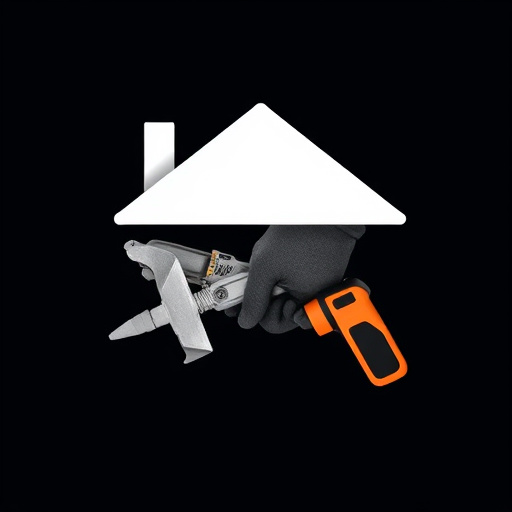
Smoke detectors are essential components of any home’s fire safety system, designed to alert occupants of potential fires and enable quick evacuation. These devices operate on sophisticated technology to detect even the faintest traces of smoke, which is often a precursor to a developing fire. Understanding their role in home repairs and maintenance is crucial for ensuring the safety of you and your loved ones.
Regular maintenance is key to keeping smoke detectors reliable. This includes testing the devices monthly to ensure they are functioning correctly and replacing batteries as needed, typically once a year or after a battery-powered detector shows low power indicators. Many modern smoke detectors also have self-diagnostic features that can help identify any issues with the device, further enhancing their reliability in fire alarms.
The Importance of Regular Maintenance for Optimal Performance
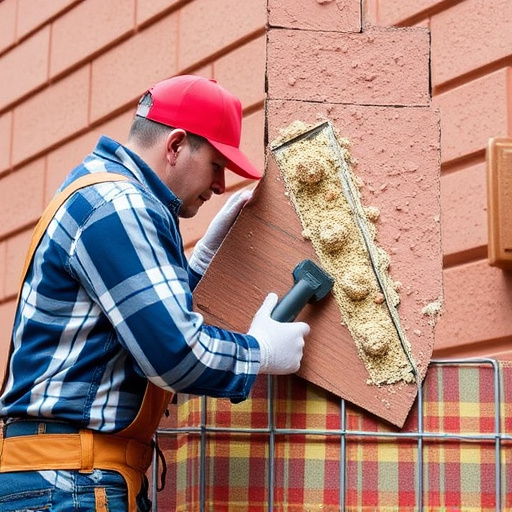
Regular maintenance is key to ensuring your smoke detectors function optimally, providing reliable fire alarm systems in your home. Over time, these devices accumulate dust and debris, which can affect their sensitivity and overall performance. A simple, periodic cleaning can eliminate these impurities, allowing the detector to accurately detect smoke particles in the air.
Additionally, testing the batteries regularly as part of your home repairs routine is crucial. Most smoke detectors rely on battery power, and dead or weak batteries can render the alarm useless in an emergency. It’s a small investment of time to check and replace batteries, ensuring your family’s safety and peace of mind.
Common Issues and How to Identify Them
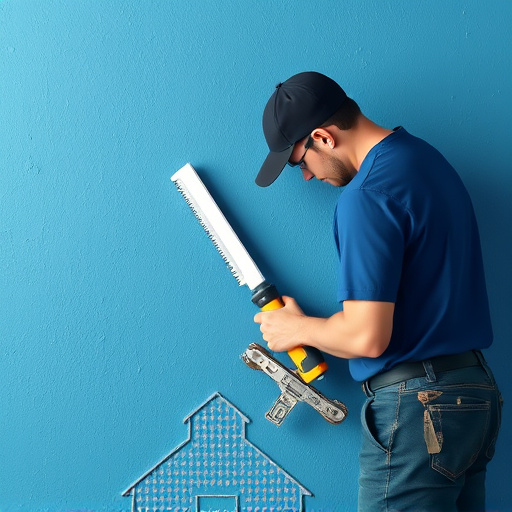
Smoke detectors, like any other device, can develop issues over time, which may affect their performance and reliability in critical situations. Identifying these problems early on is crucial for ensuring your home’s safety. Common issues include low battery power, where beeps or alarms might become intermittent or completely stop due to a drained battery. This simple check is easily done during regular home repairs and maintenance routines.
Another frequent issue is dust accumulation, which can hinder the sensor’s sensitivity. You may notice reduced alarm activation or false disconnections. Regularly testing the device and ensuring it’s free from debris are essential preventive measures. In some cases, detectors might be affected by environmental factors like moisture damage, causing them to malfunction or even fail completely. Home repairs should include periodic inspections to address these problems promptly.
Cleaning and Calibration: Keeping Your Detectors Efficient
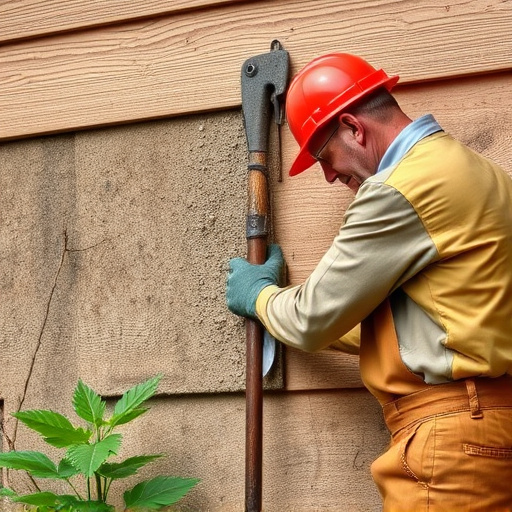
Regular cleaning and calibration are essential components of smoke detector maintenance, ensuring their efficiency in case of an emergency. Dust, dirt, and debris can accumulate over time, impacting the sensor’s ability to detect smoke accurately. A simple yet effective cleaning routine involves using a soft cloth or vacuum attachment to remove any visible contaminants from the detector’s surface and sensors. This preventive measure significantly reduces false alarms while keeping the device operational.
Calibration is equally vital to guarantee reliable fire alarm performance. Many modern detectors come with self-calibration features, but periodic manual calibration can enhance accuracy. This process involves testing the detector’s response to various conditions, ensuring it triggers appropriately when exposed to actual smoke. By incorporating these maintenance practices into your home repairs regimen, you contribute to a safer living environment and peace of mind.
When to Replace: Signaling the End of a Smoke Detector's Lifespan
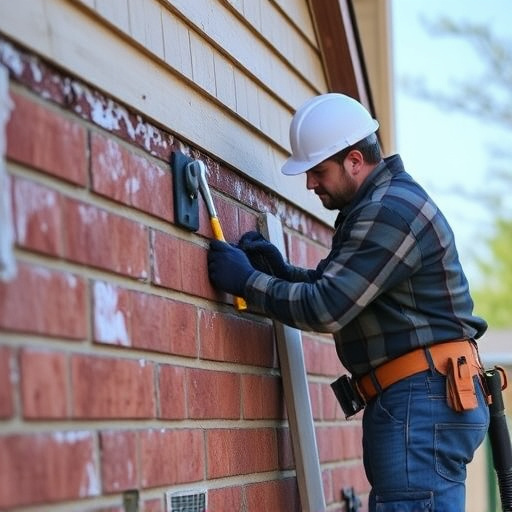
Smoke detectors are essential home repairs that play a crucial role in ensuring your family’s safety. While they have a relatively long lifespan, regular use and exposure to environmental factors can degrade their performance over time. As a general rule, most smoke detectors should be replaced after 10 years of service. This is when the sensors may start to lose sensitivity, affecting the alarm’s reliability.
Indications that your smoke detector needs replacement include frequent false alarms, difficulty in testing, or a persistent “low battery” light. If you notice any of these issues, it’s advisable to test the detector immediately and consider replacing it within the next few weeks. Regular maintenance, including battery changes and cleaning, can extend the life of your smoke detectors, ensuring they remain reliable guardians of your home and loved ones.
Regular smoke detector maintenance is an essential component of home repairs and fire safety. By understanding the importance of optimal performance, identifying common issues early on, and adhering to cleaning and calibration guidelines, homeowners can ensure their detectors remain reliable. Knowing when to replace a smoke detector is crucial for maintaining a safe living environment. Embrace these practices as part of your routine home maintenance routine to protect yourself and your loved ones from potential fire hazards.
